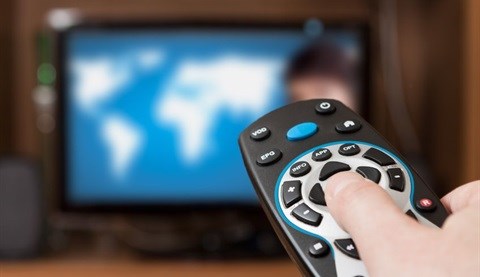A battle over government policy on television set-top boxes will take place in court this week, in a case that could have far-reaching consequences for free-to-air television...
If the government wins the case, e.tv says those who cannot afford to subscribe to pay-TV would end up with a second-rate viewing experience, unable to access premium shows and with bad-quality visuals, an argument supported by two nongovernmental organisations.
But this is disputed by government, backed by Multichoice's MNet, SA's main pay-TV broadcaster, and the SABC. The government argues that e.tv's challenge to the policy is motivated purely by commercial interests.
The court case concerns 5-million set-top boxes that government has decided to provide free of charge as part of the migration from analogue to digital.
But e.tv said that before an amendment to the digital migration policy, the free set-top boxes were to be built in a way that would allow free-to-air broadcasters - such as e.tv and the SABC - to encrypt their broadcasts in the future. The policy was changed by Communications Minister Faith Muthambi to state that government-provided boxes "shall not have capabilities to encrypt broadcast signals".
Encryption is used by pay-TV broadcasters and is not necessary for free-to-air broadcasting.
In court papers, e.tv claimed that content providers were increasingly requiring strict levels of security through encryption for the broadcast of high-definition versions of programmes, in order to prevent piracy.
It said the effect of the U-turn by Muthambi was that e.tv would never be able to encrypt its broadcasts. To do so would cost e.tv about R3bn, equivalent to two years of its annual revenue.
"This is not remotely financially feasible," said e.tv's counsel Steven Budlender. The amendment was irrational, he said, because Muthambi's stated intention was to leave it to broadcasters to decide whether they wanted to encrypt.
This choice was rendered "entirely nugatory" by the decision to bar encryption capability, he said. On the other hand, if encryption were to be built in now, e.tv would be willing to pick up the cost of far less than R100m.
Budlender said the amendment was procedurally unfair as Muthambi did not ask for public comment.
Counsel for Muthambi, Kennedy Tsatsawane, said all the government was required to do under its digital migration obligations was to ensure that free-to-air viewers were not worse off - "from the date on which broadcasting digital migration takes place".
Encryption was a not a requirement for migration; and the government had decided not to incur the "prohibitive" cost, he said.
The government had other priorities, "which must be financed from the national fiscus and encryption capability is simply not one of those", Tsatsawane said. M-Net's counsel, David Unterhalter SC, said the majority of international free-to-air broadcasters - including the UK's BBC and the US's PBS - were unencrypted. Yet they still managed to obtain highdefinition content.
Source: Business Day















































